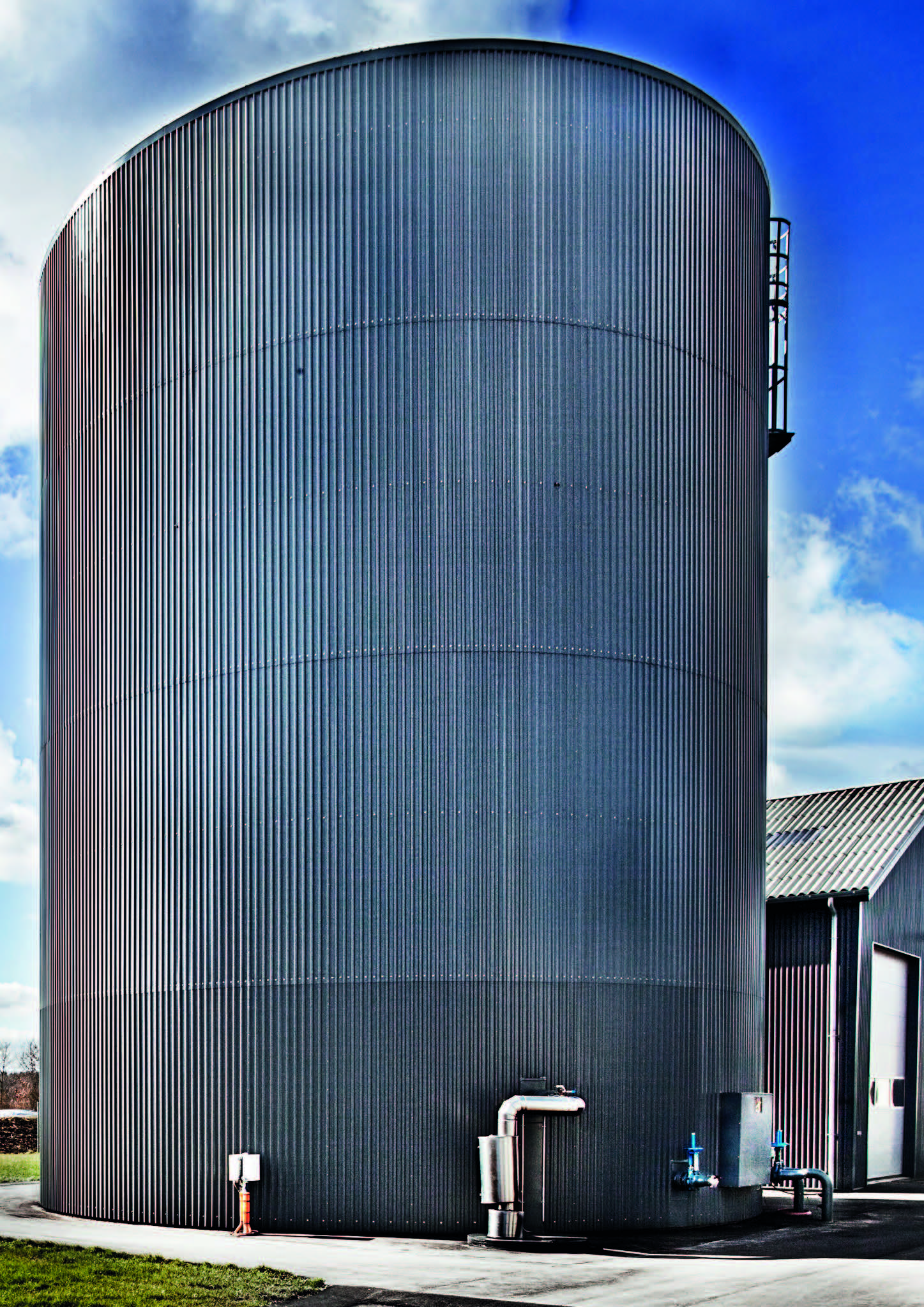DCA Publikationer
Sustainable biogas - Climate and environmental effects of biogas production
DCA rapport, nr. 181, 2021
Af Jørgen E. Olesen, Henrik B. Møller, Søren O. Petersen, Peter Sørensen, Tavs Nyord & Sven G. Sommer
 Biogas is renewable energy produced by digesting biomass under anaerobic conditions. Livestock manure, wastewater, and wet organic waste from industry and households can be used in the production which then also serves as waste treatment.
Biogas is renewable energy produced by digesting biomass under anaerobic conditions. Livestock manure, wastewater, and wet organic waste from industry and households can be used in the production which then also serves as waste treatment.
When livestock manure is supplied for biogas production, the emissions of greenhouse gases from livestock are reduced. The process also makes the nutrients in the manure more accessible for plants. The extent of the greenhouse gas and environmental impacts of biogas depends on the production characteristics, including, in particular, the biomasses used. Moreover, factors such as transport, process energy consumption, and any methane loss from the plant are included. The quantification of the greenhouse gas and environmental impacts of biogas production constitutes an important basis for designing and targeting future biogas funding in order to optimise the climate and environmental benefits of the production. The report presents an analysis of the effects of biogas production based on livestock manure and various relevant types of biomasses from waste management and agriculture. The effects are described for five model biogas production plants with different biomass compositions.
